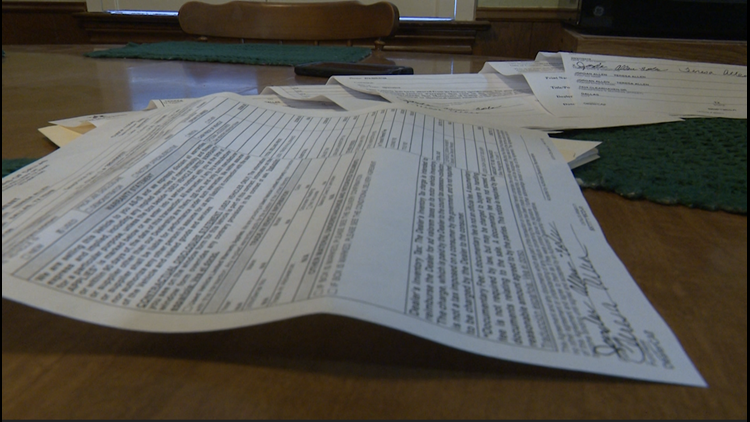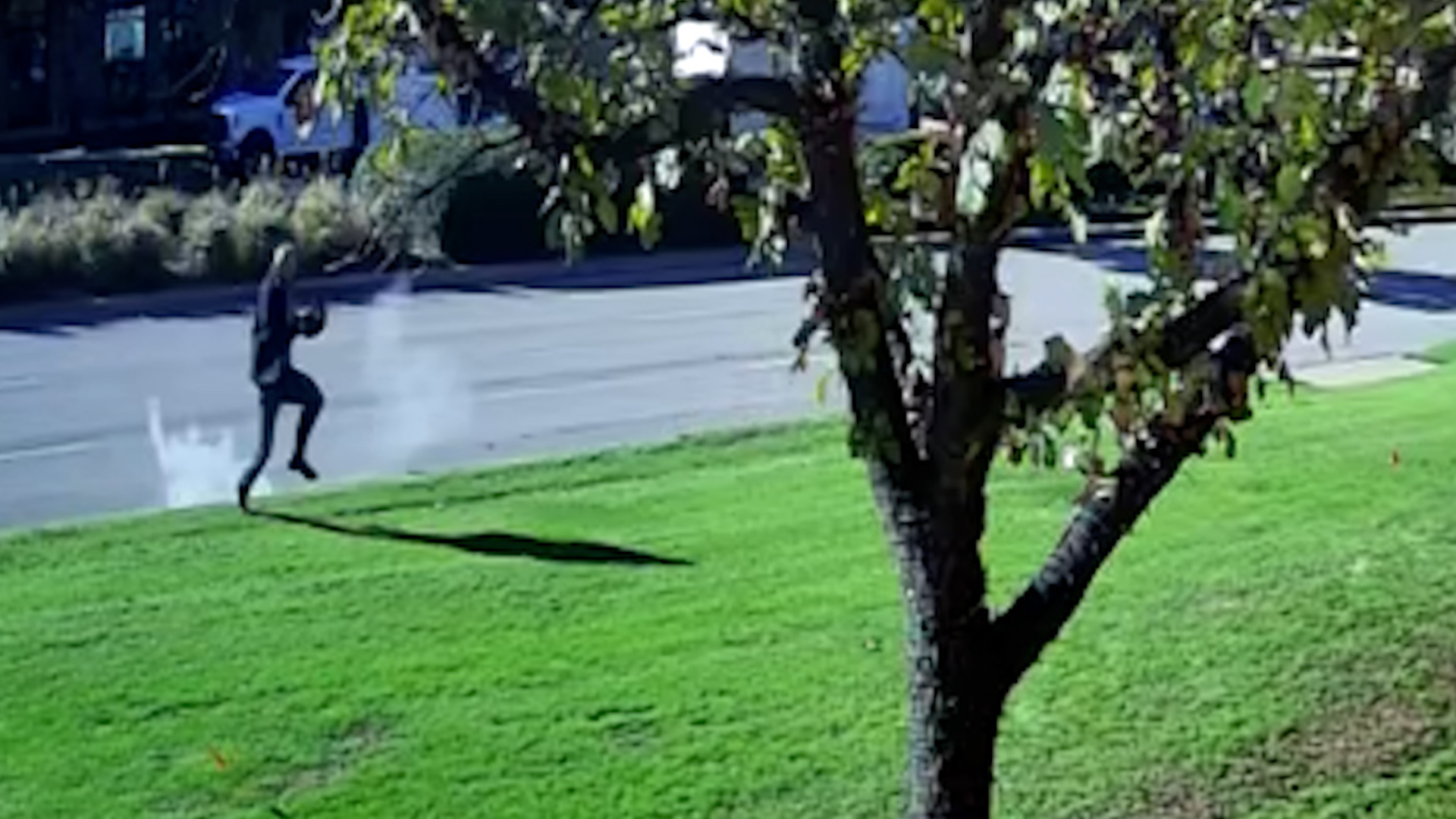DALLAS — A business may feel safe and feel legitimate, but that doesn't mean a customer isn't being scammed or could be scammed. That's why it's important to do research and take action if it happens.
The Better Business Bureau (BBB) Serving North Texas deals with scams around the Dallas area. It's often difficult to spot when fraudulent behavior occurs.
The BBB says scammers are usually "sophisticated master-manipulators" and will try to make you feel safe with their businesses. Scammers oftentimes change their names and pose as sources you trust.
Age doesn't play a factor in who is targeted. According to research from the Council of Better Business Bureau, 69% of victims are under 45 years old and 78% hold a college or graduate degree. Nearly 1 in 5 people lose money to a scam each year, with yearly losses of about $50 million.
If you want to do some research before dealing with a company you don't know very much about, the BBB suggests these 11 steps:
- Search BBB.org
- Check for a license
- Verify insurance policies
- Read reviews
- Contact your Attorney General
- Ask for references
- Make sure there is a physical address and robust contact information
- Look for a registered entity
- Check the website for privacy and security protocols
- Look for trustmarks online
- Familiarize yourself with any terms and conditions
If you think you have already been scammed or someone is in the process of scamming you, the BBB suggests taking six steps.
- Contact BBB and file a complaint
- Contact the Attorney General and Federal Trade Commission to file a complaint
- Check to see if the company has filed for bankruptcy
- Contact your bank
- Seek legal advice
- Contact the DMV



